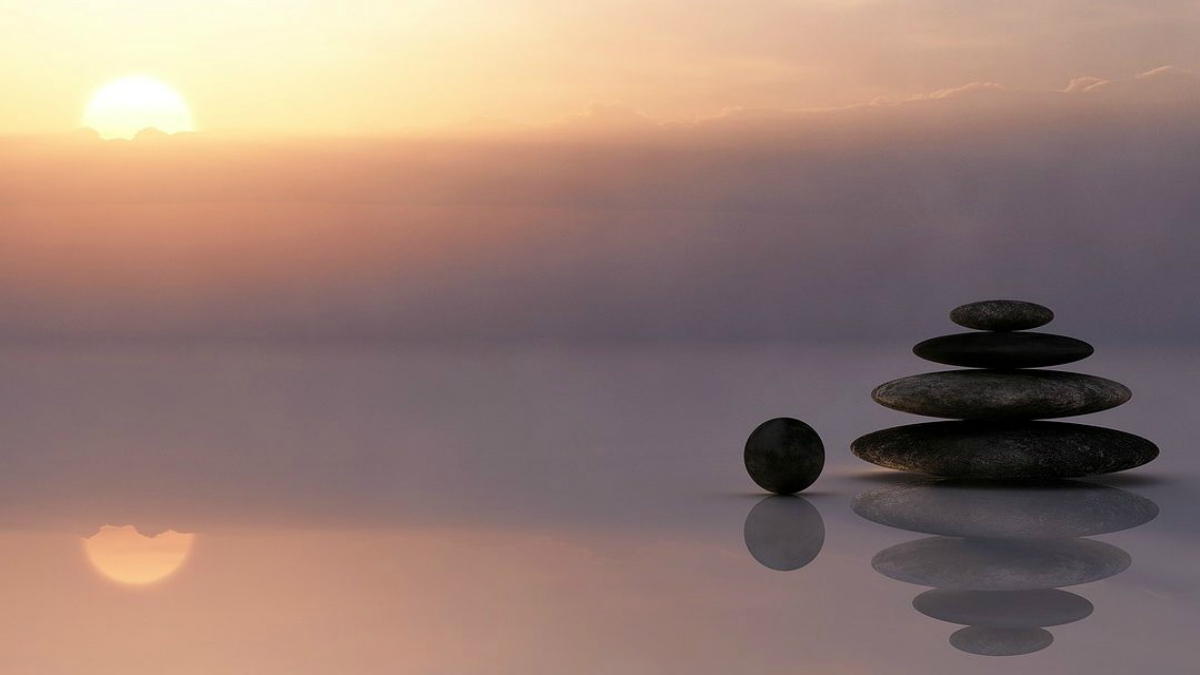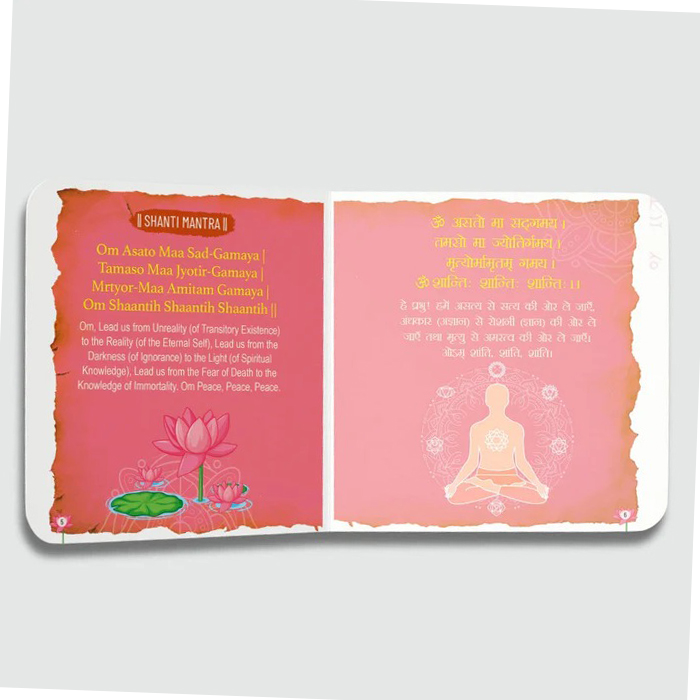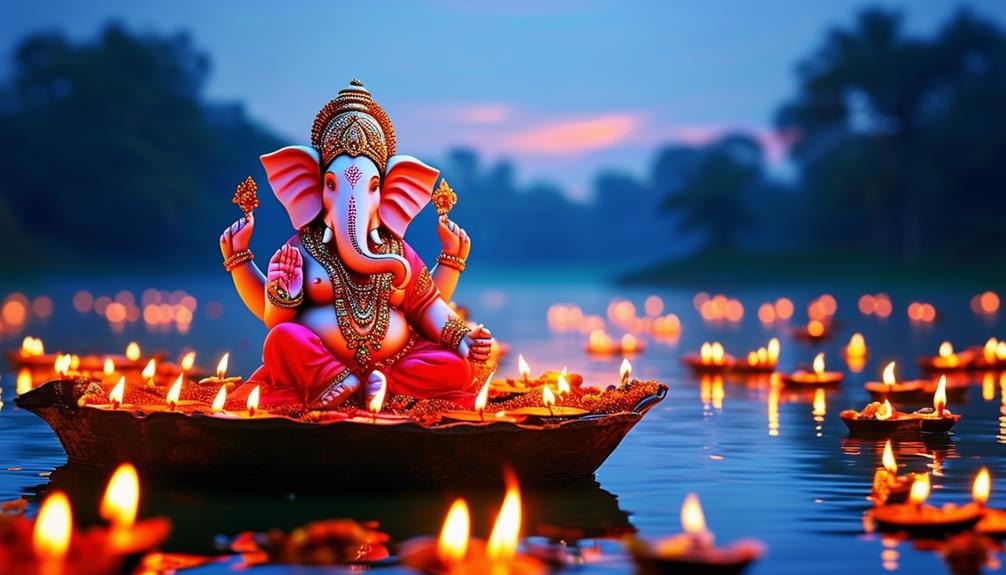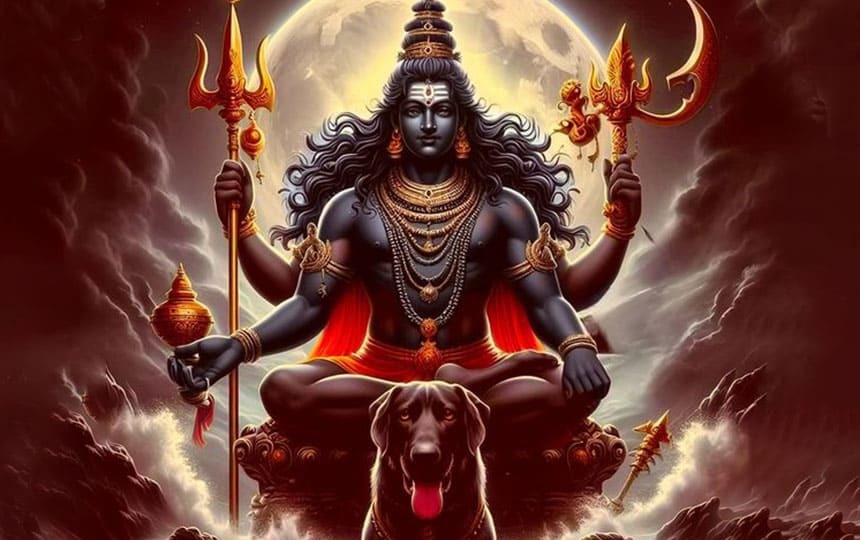Behind every action, there is always a motivation to get a specific result. As we do every action with an eye on the end result, a specific goal, the expectation of the result affects the process of our action. Put it another way, the means of achieving the end often becomes bigger than the end itself. But when we do some actions as an expression of joy, not bothered about the result, we don’t get lost in the means. When we do some actions expecting joy out of them, it makes the action inferior. For example, when you want to spread happiness, but are keen on finding out whether the other person has become happy or not, you get entangled in a vicious circle and lose your happiness in the process.
The concern about the outcome of your action is what pulls you down and dampens your enthusiasm. Suppose you want to take up a project, but you start it by worrying whether it will happen or not, then your whole enthusiasm for the project gets dampened. When you are aware of your potential, just jump into the action you want to do without bothering about the result.
When you are in doubt, any activity you do will bring more doubts. When you have a choice, the grass on the other side will look greener and this will prevent you from enjoying what you have in your hand. It will not allow you to focus on what is right now. So when you are bothered by a choice, relax. The choice is never between good and bad; it’s always between bad and worse or good or better. There is no choice between a plate of rice and a plate of sand. The choice is between whether you should have rice or roti. Never mind, today you have rice and tomorrow roti. Choices bring conflict and there is freedom in ‘choicelessness’.
How can you be centred when there is conflict? In Chinese, there is a saying that when you are in doubt, take a pillow and go to bed. In Narada Bhakti Sutras, Narada says, “Karmanyapi Sanyasyati”. Take a break, not just from activity, but also from the fruit of the activity. You can take a break from the fruit of the action when you let go of the result and become totally centred in the action itself. It will bring deep rest from doubts and conflicts in the mind. One who is not concerned about the outcome is centred in the action itself and reposes in the Self and goes beyond the dualities, beyond conflicts.
This doesn’t mean that you should stop acting. Though one who is wise, who has attained knowledge, divine love, is beyond all actions yet he continues to engage himself in action. You can transcend only what you have gone through. You can only let go only what you have. So to let go of the fruit of the action, you need to have the fruit and to have the fruit, you need to act! This is so beautiful. If you have never acted, then how can you drop neither the action nor the fruit of action? So be active.
Keep doing your work, and drop the fruit of action. All the fruit of action is there as the motivation for you to start acting. Shri Krishna used the fruit of action to motivate Arjuna to fight. He told Arjuna that if you die in battle, you will attain heaven and if you win, you will rule the world. Jesus also did the same.
When you are bogged down with laziness, you need motivation to do something and the expected fruit of action acts as the motivating factor. But once you start acting, let go off the expected result. Just focus on the work at hand. This is the way of the wise!












